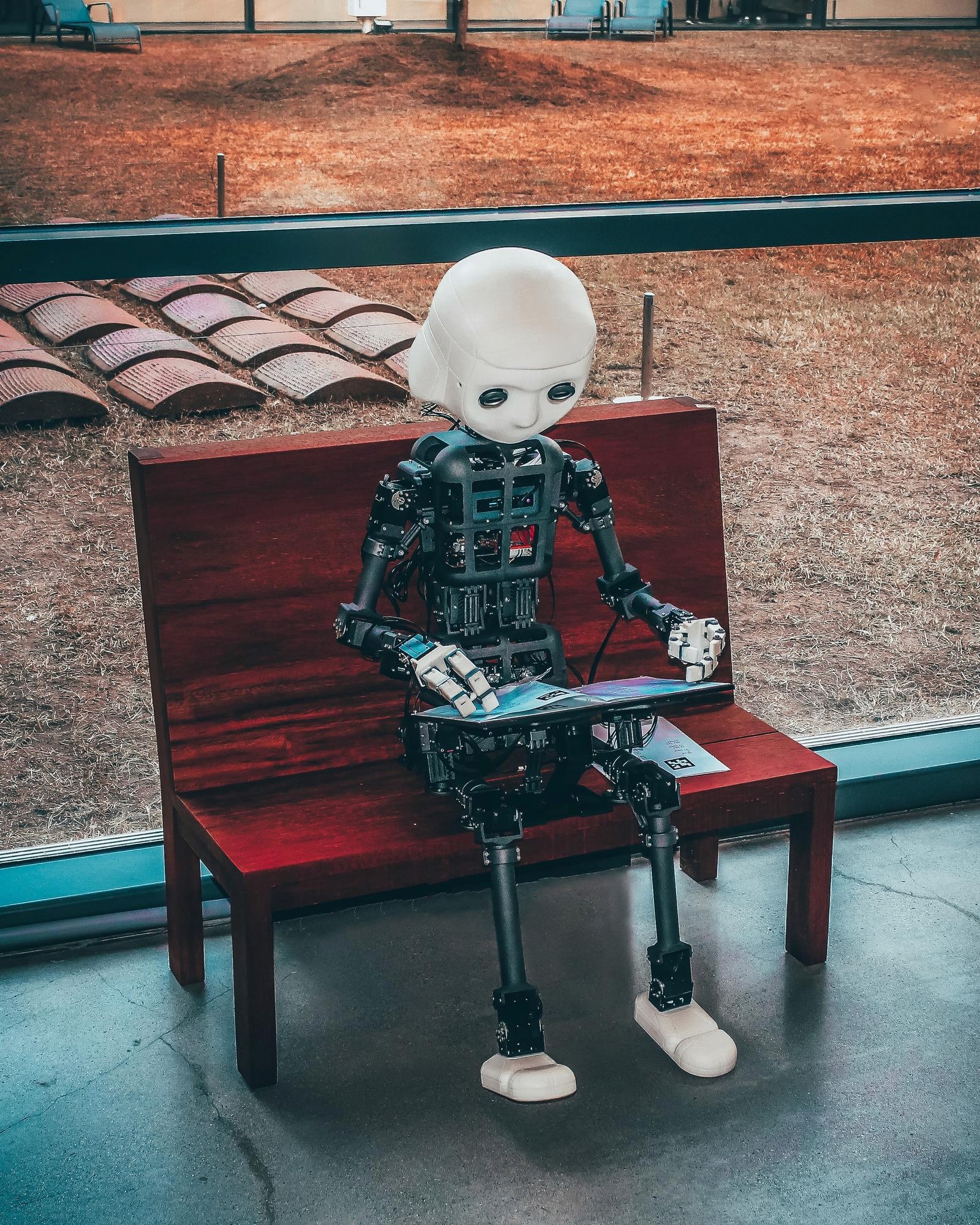March 23, 2023

Joe Crumble
Automation and artificial intelligence (AI) are revolutionizing the modern workplace, bringing about significant changes in how businesses operate and employees perform their tasks. From streamlining routine processes to enabling data-driven decision-making, these technologies are reshaping the future of work. Here's an in-depth look at how automation and AI are transforming the workplace and what it means for businesses and employees.
The Rise of Automation and AI
Automation involves the use of technology to perform tasks that traditionally require human intervention. This includes everything from simple repetitive tasks to more complex processes. AI, on the other hand, refers to the simulation of human intelligence in machines that are programmed to think and learn like humans. The combination of these technologies is creating smarter, more efficient workplaces.
Improving Efficiency and Productivity
One of the most significant benefits of automation and AI is the improvement in efficiency and productivity. By automating routine tasks, employees can focus on more strategic and creative aspects of their work. For example, AI-powered chatbots can handle customer inquiries, freeing up customer service representatives to deal with more complex issues.
Edward Hamburg, a leading expert in workplace automation, explains, "Automation and AI allow businesses to streamline operations, reduce errors, and increase output. These technologies enable employees to work more efficiently, ultimately leading to higher productivity and better business outcomes."
Enhancing Decision-Making
AI and machine learning algorithms can analyze vast amounts of data quickly and accurately, providing valuable insights for decision-making. Businesses can leverage these insights to make informed decisions, optimize processes, and predict future trends. For instance, AI can help in identifying market opportunities, improving supply chain management, and enhancing customer experiences.
Hamburg adds, "The ability to analyze data and gain actionable insights is a game-changer for businesses. AI-driven analytics can identify patterns and trends that may not be apparent to human analysts, enabling more accurate and strategic decision-making."
Transforming Customer Experiences
Automation and AI are also transforming customer experiences. Personalized marketing, AI-driven recommendations, and automated customer support are just a few examples of how these technologies are enhancing interactions with customers. Businesses can provide more tailored and efficient services, leading to increased customer satisfaction and loyalty.
"AI and automation are enabling businesses to deliver more personalized and responsive customer experiences," says Hamburg. "From chatbots that provide instant support to AI algorithms that recommend products based on customer preferences, these technologies are redefining how businesses engage with their customers."
Addressing Ethical and Social Implications
The widespread adoption of automation and AI also brings ethical and social considerations. Issues such as data privacy, algorithmic bias, and the impact on employment need to be addressed. Businesses must implement ethical AI practices and ensure transparency and fairness in their AI systems.
"Ethical considerations are crucial when implementing AI and automation," Hamburg explains. "Organizations must be transparent about how these technologies are used and ensure that they do not perpetuate biases or compromise privacy. Responsible AI practices are essential for building trust and ensuring positive outcomes."
The Future of Work
The future of work will be increasingly shaped by automation and AI. These technologies have the potential to drive innovation, improve efficiency, and create new opportunities. However, realizing their full potential requires a thoughtful and strategic approach.
"Automation and AI are transformative forces that will continue to reshape the workplace. By embracing these technologies and addressing the associated challenges, businesses can unlock new levels of productivity and innovation. The key is to leverage AI and automation in ways that complement and enhance human capabilities," Hamburg concludes.





